Publications
Articles, publications, books, tools and multimedia features from the U.S. Institute of Peace provide the latest news, analysis, research findings, practitioner guides and reports, all related to the conflict zones and issues that are at the center of the Institute’s work to prevent and reduce violent conflict.
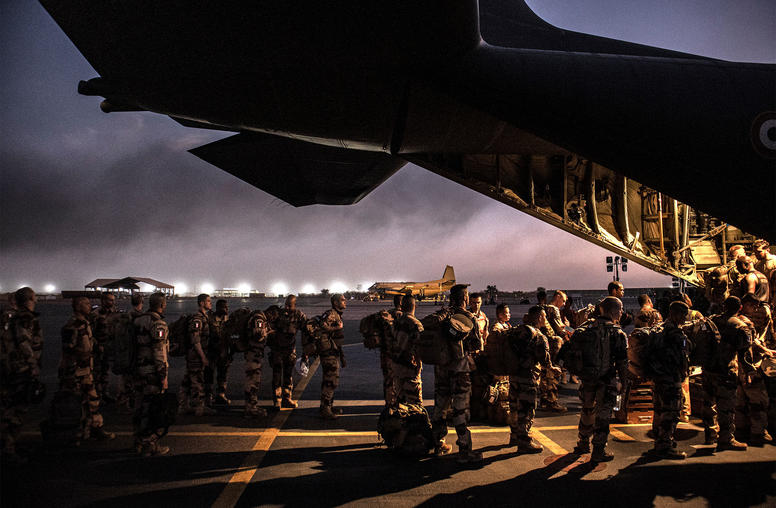
How International Security Support Contributed to Mali’s Coup
Since a 2012 coup, Mali has received significant security assistance from United States, France, the European Union and other foreign donors to address violent extremism and insurgency and help stabilize the country. In the wake of the August military coup, it is clear that strategy has backfired—and that, in fact, the failure of international security sector assistance to prioritize governance likely contributed to the conditions that led to the coup.
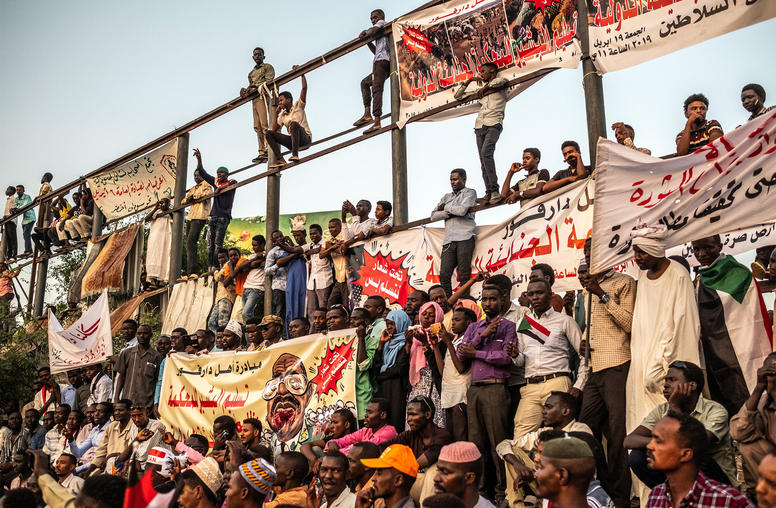
Normalizing Sudan-Israel Relations Now is a Dangerous Game
With the UAE and Bahrain having joined Egypt and Jordan in declaring peace with Israel, those asking “who’s next?” often look enthusiastically westward, toward Khartoum. Adding new chapters to the Abraham Accords is in the U.S. interest, but so is a successful transition in Sudan. And the sequence of these steps is critical. A unified Sudanese government with a popular mandate will be better able to forge a warm and sustainable peace with Israel, whereas a rushed Israeli-Sudanese agreement has the potential to unravel Sudan’s transition and generate renewed support for Sudan’s Islamists and their foreign backers.
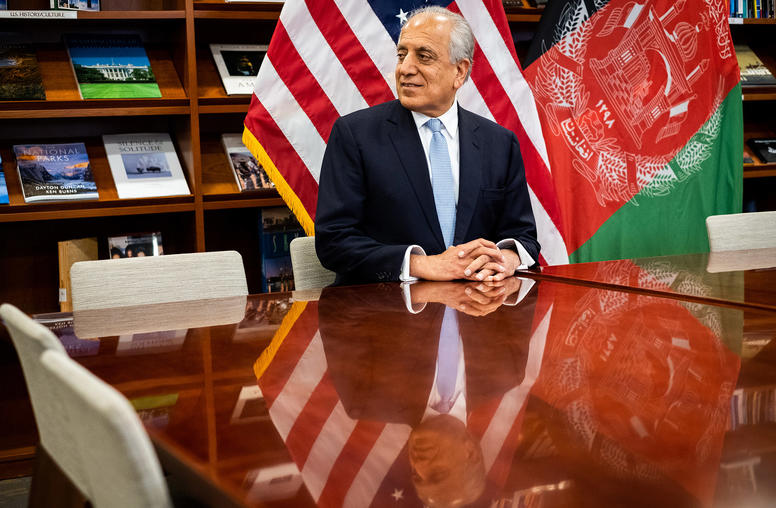
Afghan Talks Are Historic Chance for Peace, Says Top U.S. Negotiator
Afghan peace talks that began in Doha on September 12 are a “historic opportunity” that could bring a close to four decades of conflict in the country and end America’s longest war, said the U.S. special representative for Afghanistan reconciliation on Thursday. The ongoing talks are the “heart of the Afghan peace process,” said Ambassador Zalmay Khalilzad. “It's important to be fully aware of the significance of this moment, and to recognize its historic relevance.” With a note of a cautious optimism, he said there is hope but still a long road ahead, with many thorny issues to be negotiated.
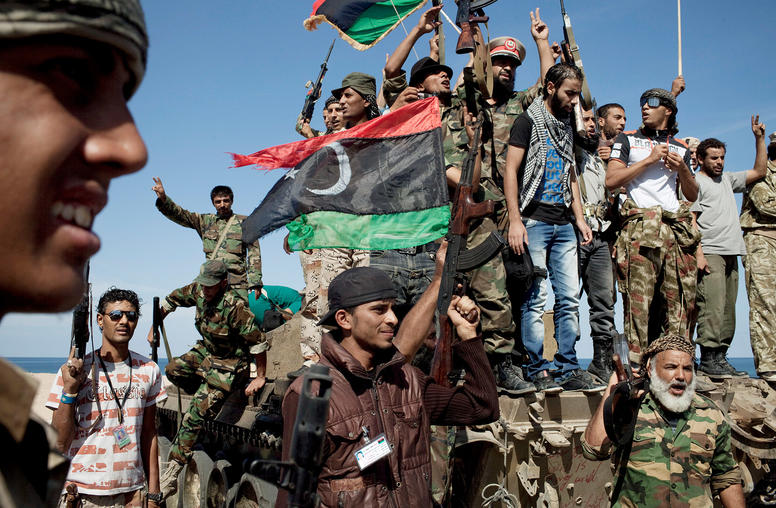
Oil Blockades, Protests and Resignations: The Latest on Libya’s Conflict
As global and regional players jockey for influence, international efforts to resolve the conflict remain stymied and ineffective. Meanwhile, Libya’s vast oil reserves—which provided a decent standard of living for many Libyans prior to 2011—have been under blockade, devasting the economy and livelihoods and leading to mounting frustration among Libyans. Further muddying the waters, the prime minister of the U.N.-backed Government of National Accord (GNA), Fayez al-Sarraj, announced he would step down in October and transfer power to a new administration.
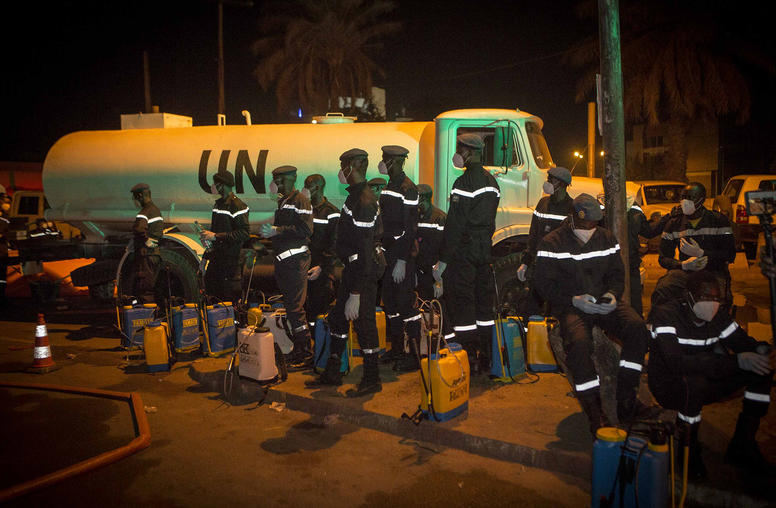
Four Lessons for Cease-fires in the Age of COVID
During his opening remarks at the 75th U.N. General Assembly, Secretary-General António Guterres renewed his appeal for a global humanitarian cease-fire, urging the international community to achieve one in the next 100 days. But in the roughly 180 days since his initial appeal, most conflict parties have not heeded the secretary-general’s plea. What can peacebuilders do to advance the secretary-general’s call? Four key lessons have emerged over the last six months on how cease-fires can be achieved—or stalled—by COVID-19.
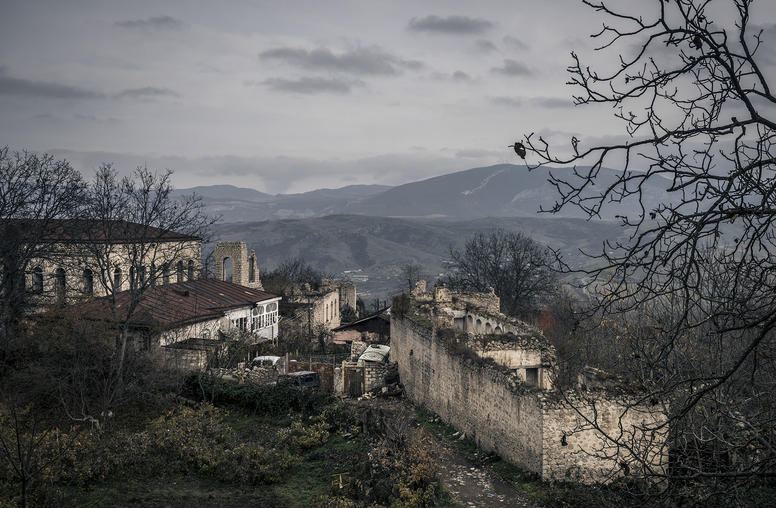
A Fire in the Garden: Can We End the Nagorno-Karabakh War?
Amid the world’s profusion of wars, COVID crisis and turbulent U.S. elections, a reader could overlook the century’s worst eruption of bloodshed between Armenia and Azerbaijan. But the revival this week of war in the Caucasus region should galvanize policymakers in Washington, Europe and Moscow to lean in hard and resurrect vigorous peacemaking for the first time in recent memory. While it’s unclear whether a full resolution can be achieved in any near future, this week’s fighting signals the risk of neglect: a dangerous, wider war.
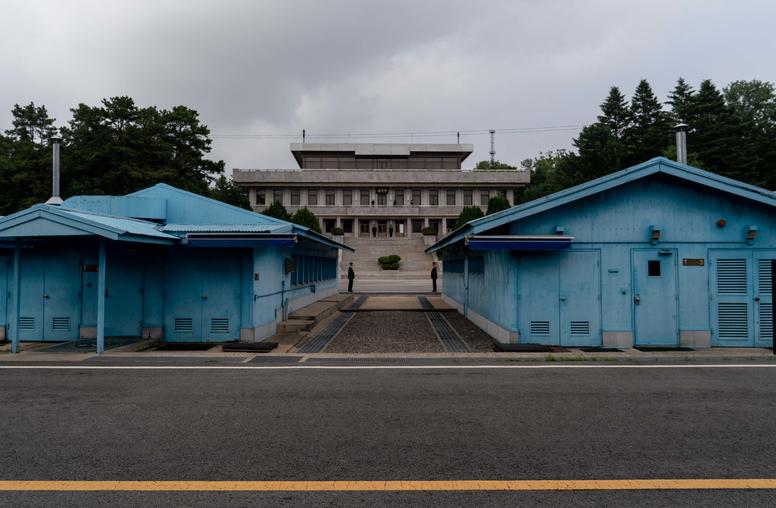
Four Ideas for a More Practical Approach to North Korea
A significant impediment for the United States is that it continues to narrowly limit its policy options while North Korean capabilities expand unabated. Washington’s window of discourse on North Korea policy largely consists of: Pressure the Kim regime through sanctions; don’t legitimize or reward it until preconditions are met; and don’t make any concessions until the North takes significant denuclearization measures first. To achieve any sustained results, these policy boundaries must be substantially widened to include more realistic and practical measures. We, along with our colleagues at USIP, explored many of these issues in a recent report, “A Peace Regime for the Korean Peninsula.”
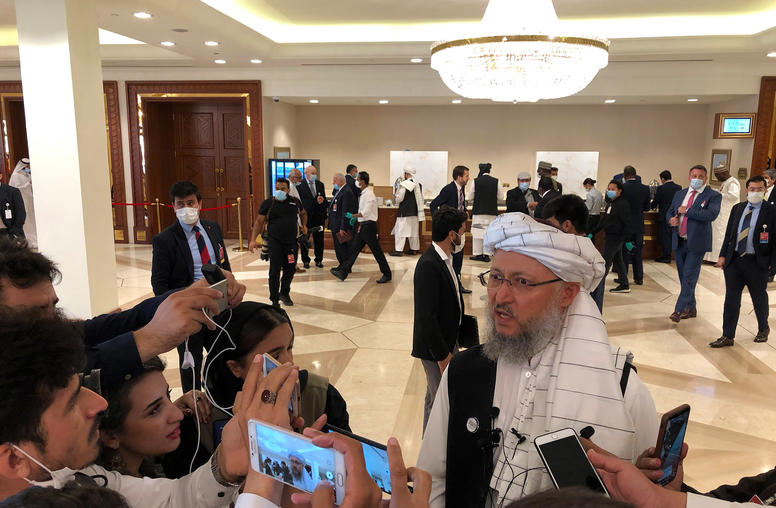
Whither Islam in Afghanistan’s Political System After the Taliban Talks?
The question of how and where Islam should fit into future legal and political frameworks has emerged as a major sticking point in the talks between the Taliban and the Afghan government in Qatar. How this question is resolved will be closely watched by Afghans, who want to ensure their hard-won rights are not sacrificed for the sake of a deal with the Taliban—Afghan women in particular have much at stake. The international community will similarly scrutinize the outcome, and their engagement with Afghanistan after the talks is expected to be conditioned on the contours of any political settlement.
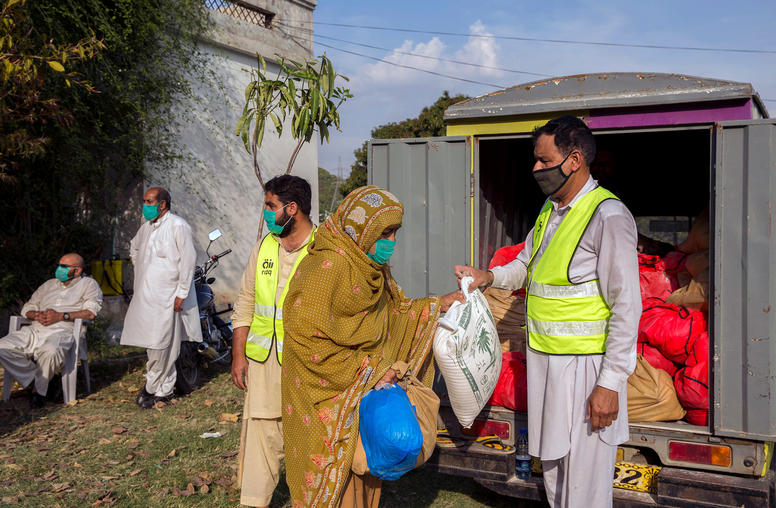
Pakistan Faces a Long Road to Sustainable Growth
At the turn of the century, Pakistan had the highest GDP per capita when compared with India, Bangladesh, and Vietnam. Twenty years later, it is at the bottom of the group. Political upheaval, a violent insurgency fed by the war in Afghanistan, and the inability of successive governments to carry out reforms are to blame for this decline. Today, a polarized political environment and elite intrigue among civilian, judicial, and military institutions has made sustainable economic growth and reforms that much more unlikely. The COVID-19 pandemic has further sharpened the challenge.
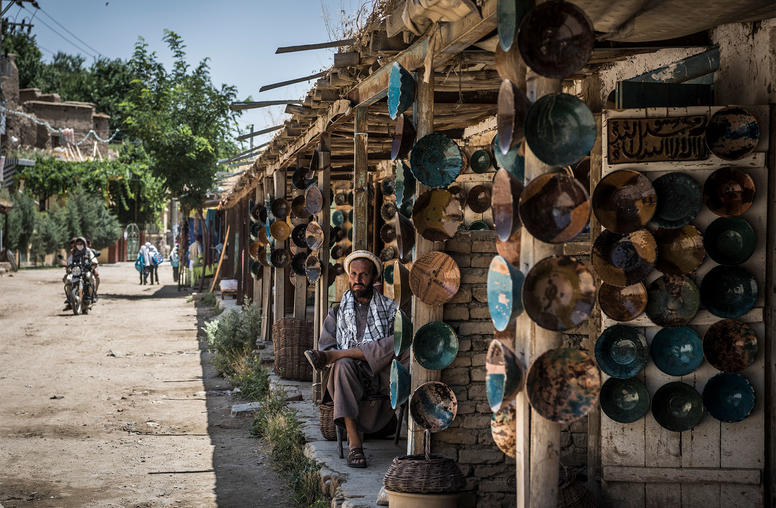
Afghanistan Donor Conference 2020: Pitfalls and Possibilities
When Afghan officials and international donors meet next month to consider future aid commitments to Afghanistan, they will face a changed situation from their last gathering four years ago. Then, the focus was on tying financial assistance to government reform in the midst of ongoing war with the Taliban; peace was barely on the agenda. Now, peace talks between the Taliban and the government have begun, and a new Afghan administration is still taking shape with an agreement that resolved the disputed 2019 presidential election. Meanwhile, fighting and casualties remain at unsustainable levels and the country is reckoning with the COVID-19 pandemic and its consequences.